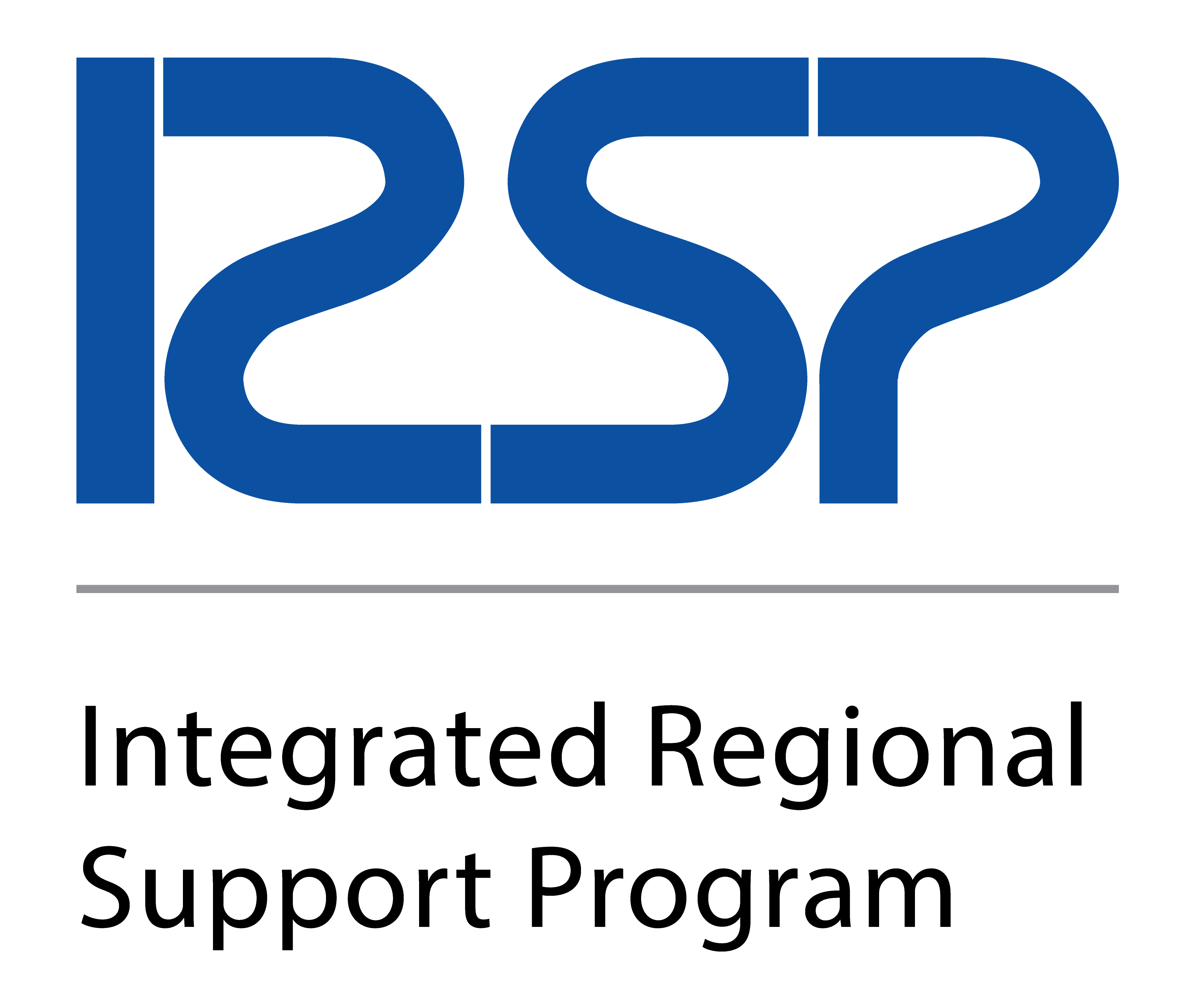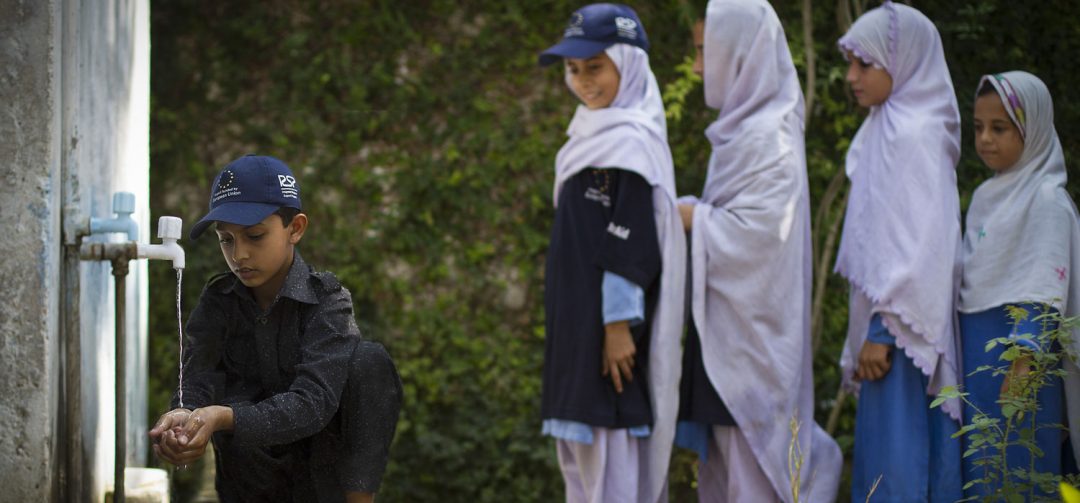| Approx. value of the contract: 88 million PKR | |
| Country
Pakistan |
Location within Country (Districts)
Mardan (Khyber Pakhtunkhwa) |
| Name of Donor/ Funding Agency
EU/WaterAid |
Duration of Project (months):
03 years |
| Start date (month/year):
January 01, 2011 |
Completion date (month/year):
December 31, 2013 |
| No. of Project Staff
35 persons
|
Name of senior employees of your organization involved in project implementation
|
Project Objectives, Outcomes and list of major activities (Not more than 500 words)
Project Outputs/Results
To contribute to poverty reduction in Pakistan through the achievement of the water and sanitation MDGs
Project Outputs/Results
The following are the headline amounts of the key outputs/services delivered:
- Improved capacity of CSOs to engage with government leading to more involvement of citizens in wider development processes
- Improved capacity of LG to respond to citizen’s demand through a right based approach and deliver appropriate services
- Increased access to appropriate water, environmental sanitation and hygiene promotion services in 30 communities including refugees
- Improved institutional systems and processes for promoting equitable and inclusive governance in the water and sanitation sector
List of major activities (along with targets)
- Assessment and capacity building plan for CSOs using DRA and RBA approaches
- CSOs capacity building events/visits
- Support CSO coordination by using RBA approaches
- Capacity building of communities and implement citizen action through DRA and RBA approaches
- Training and capacity building of LGs
- Organise 1 enlightenment programme and workshop for government agencies and policy makers /influencer on meeting the needs of excluded groups including refugees in relation to WASH
- Support government to pilot implement component sharing model in 2 TMAs (selected area and lanes)
- Social infrastructure mapping for effective planning and resource allocation
- Organise annual community town hall meetings as a platform for engagement between community and LG
- Awareness creation, community selection and baseline survey through using DRA and RBA approaches
- Conduct a participatory feasibility study of appropriate water and sanitation technologies
- Promotion of safe hygiene practice including IWRM
- Construction of 30 new boreholes with hand pumps and rehabilitation of 10 existing boreholes/schemes
- Building of 200 household latrines and 20 communal latrines for demonstration
- Building of 20 school latrines with separate blocks for girls and boys
- Identification and training of 300 community based hygiene promoters
- Establishment and training of 30 school hygiene clubs
- Formation and training of 30 women groups in refugee camps and rural communities
- Establishment and training of 30 water and sanitation management committees
- Carryout water quality testing of all newly established and existing (sampled) water points
- Implement CLTS approach in 30 communities using PRA techniques

